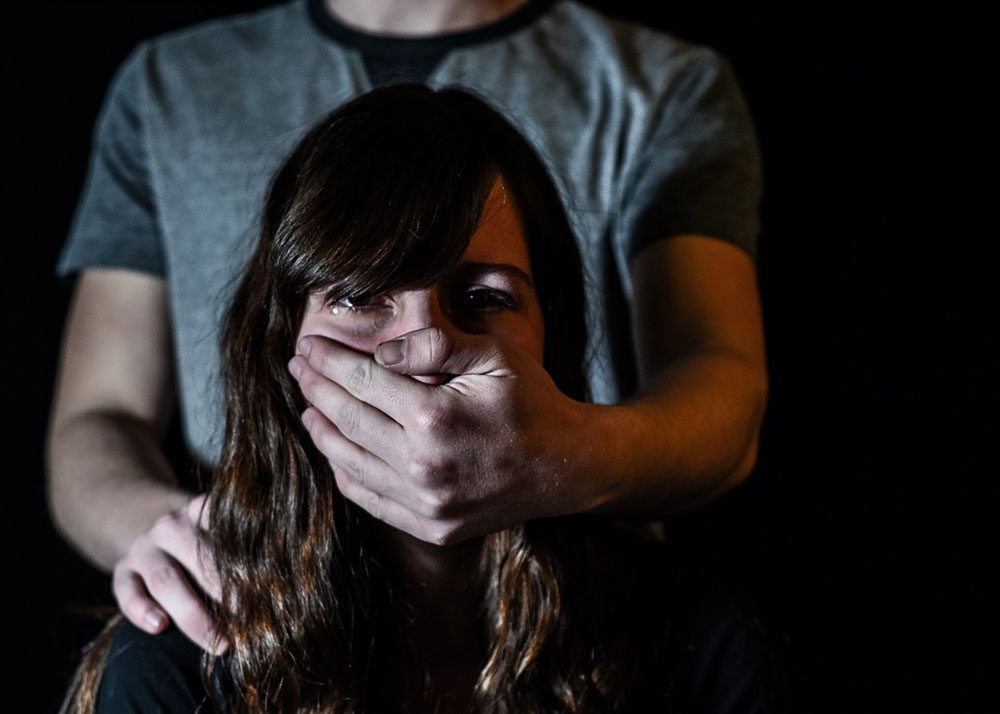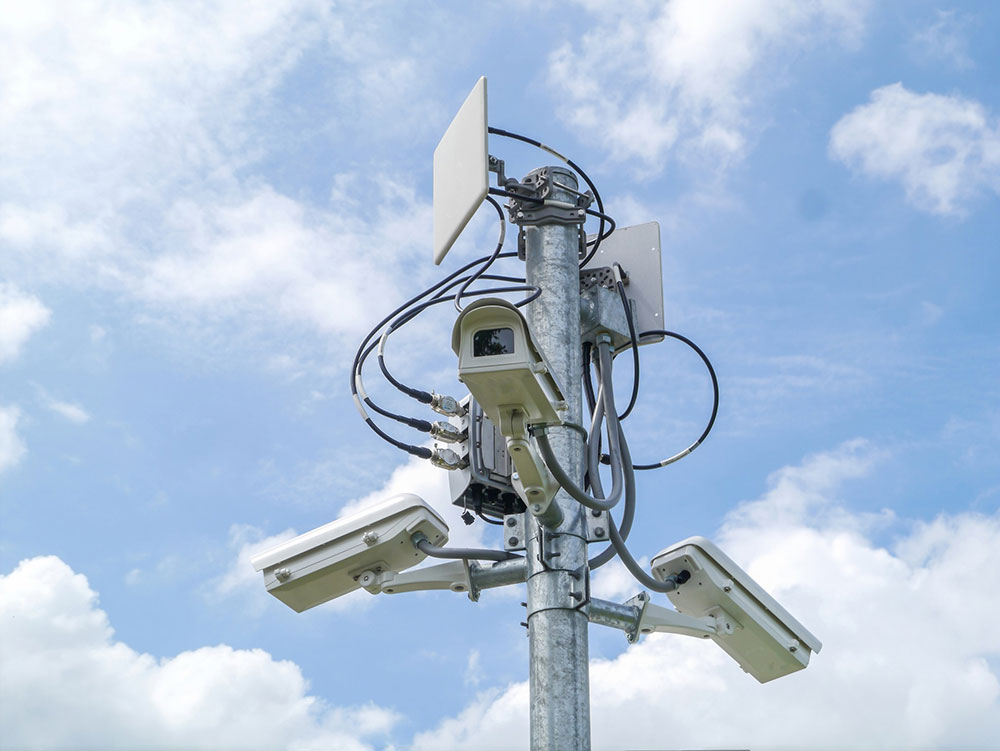Speech Suppression
Speech Suppression
 All Americans were given the right to free speech by the First Amendment to the U.S. Constitution. This amendment clearly states:
All Americans were given the right to free speech by the First Amendment to the U.S. Constitution. This amendment clearly states:
“Congress shall make no law respecting an establishment of religion, or prohibiting the free exercise thereof; or abridging the freedom of speech, or of the press; or the right of the people peaceably to assemble, and to petition the Government for a redress of grievances.”
You have been given the right to speak your mind freely, criticize the government, and peacefully assemble in protest. No government official or police officer has the right to try and suppress your free speech, but that doesn’t mean they won’t try.
The Civil Rights Litigation Group is devoted to protecting this important right. If you have been silenced for speaking out or for expressing your political views, you can take legal action and have your day in court. Call us today, and we’ll make sure your voice is heard loud and clear.
Freedom of speech
First outlined in 1792, freedom of speech is perhaps the hallmark of our constitution and the backbone of our government. Because of it, we have the ability to criticize our government and elected officials without fear of retaliation – or at least, that’s how it should be.
Of course, the freedom of speech has evolved over the years as new cases make their way to the Supreme Court. Here are a few cases that shaped our modern interpretation of freedom of speech.
West Virginia Board of Education v. Barnette, 319 U.S. 624 (1943): Freedom to not speak, also known as the right to not salute the flag.
Tinker v. Des Moines, 393 U.S. 503 (1969): Freedom for students to peacefully voice their opinions in school (i.e. wearing black arm bands in protest of war).
Cohen v. California, 403 U.S. 15 (1971): Freedom to use certain offense words and phrases to communicate a political message.
Buckley v. Valeo, 424 U.S. 1 (1976): Freedom to contribute money, under specific circumstances, to a political campaign.
Virginia Board of Pharmacy v. Virginia Consumer Council, 425 U.S. 748 (1976): Freedom to advertise professional services and commercial products, provided some restrictions are followed. Also outlined in Bates v. State Bar of Arizona, 433 U.S. 350 (1977).
City of Houston v. Hill, 482 U.S. 451 (1987): Freedom to to verbally criticize police officer conduct (including the use of profanity and insults, both spoken and gestured).
Texas v. Johnson, 491 U.S. 397 (1989): Freedom to engage in symbolic speech (burning the flag in protest). Also outlined in United States v. Eichman, 496 U.S. 310 (1990).
These landmark cases further defined the meaning of free speech, and their precedence protects you from persecution. However, law enforcement and government officials sometimes disregard the First Amendment and will try to silence people by using force or other means. This is a clear violation of your rights, and you can go after the police officers or government officials who are responsible for your harassment or wrongful imprisonment.
Policing free speech
 Technology has given us so much, but it has also made it easier for the police and government to spy on private citizens. Don’t believe this could happen? Check out this case and see for yourself.
Technology has given us so much, but it has also made it easier for the police and government to spy on private citizens. Don’t believe this could happen? Check out this case and see for yourself.
In 2007, New York City Inventor Joshua Kinberg made writing with chalk easier for adults. His invention was an Internet-controlled, sidewalk-printing graffiti bike that would print water-soluble chalk on the sidewalk as it goes past. Popular Science and CNN published stories on his bicycle, and Kinberg had big plans to use the bike during the Republican National Convention. Users on Kinberg’s Bikes Against Bush website would submit messages, which would be transmitted through Kinberg’s laptop and then in chalk onto the sidewalk as he rode his bike.
Little did he know, the New York City Police Department’s intelligence arm was watching him. The intelligence arm compiles files on protests groups around the country, and they already had their eyes on Kinberg.
Before Kinberg could even mount his bike, the police arrested him on charges of criminal mischief just before the convention. The arrest occurred right where Kinberg had demonstrated his bike’s capabilities for MSNBC’s Countdown With Keith Olbermann. The message? “America is a free speech zone.”
Kinberg was held for 24 hours, during which his bike, cell phone and laptop were inspected and authorities questioned whether or not he was connected with any violent protesters. He was released before the convention, but the project was dead. The charges were dropped, assuming Kinberg did not commit any more crimes, but his bike, cell phone and laptop were confiscated. The cell phone and laptop were eventually returned, but the bike was said to be “lost.”
Have your free speech rights been violated?
This is just one example of the police shutting down a citizen’s attempt at free speech. The Civil Rights Litigation Group understands the protections guaranteed under the First Amendment and our attorneys are deeply committed to upholding the values of the U.S. Constitution. Do not let the police or any government official silence you. Let us ensure your voice is heard. Contact the Civil Rights Litigation Group today and we will fight for your right to free speech.
Give us a call today at (720) 515-6165.
Practice Areas
Do you have a case?
Please click here to request an attorney review of your case.

